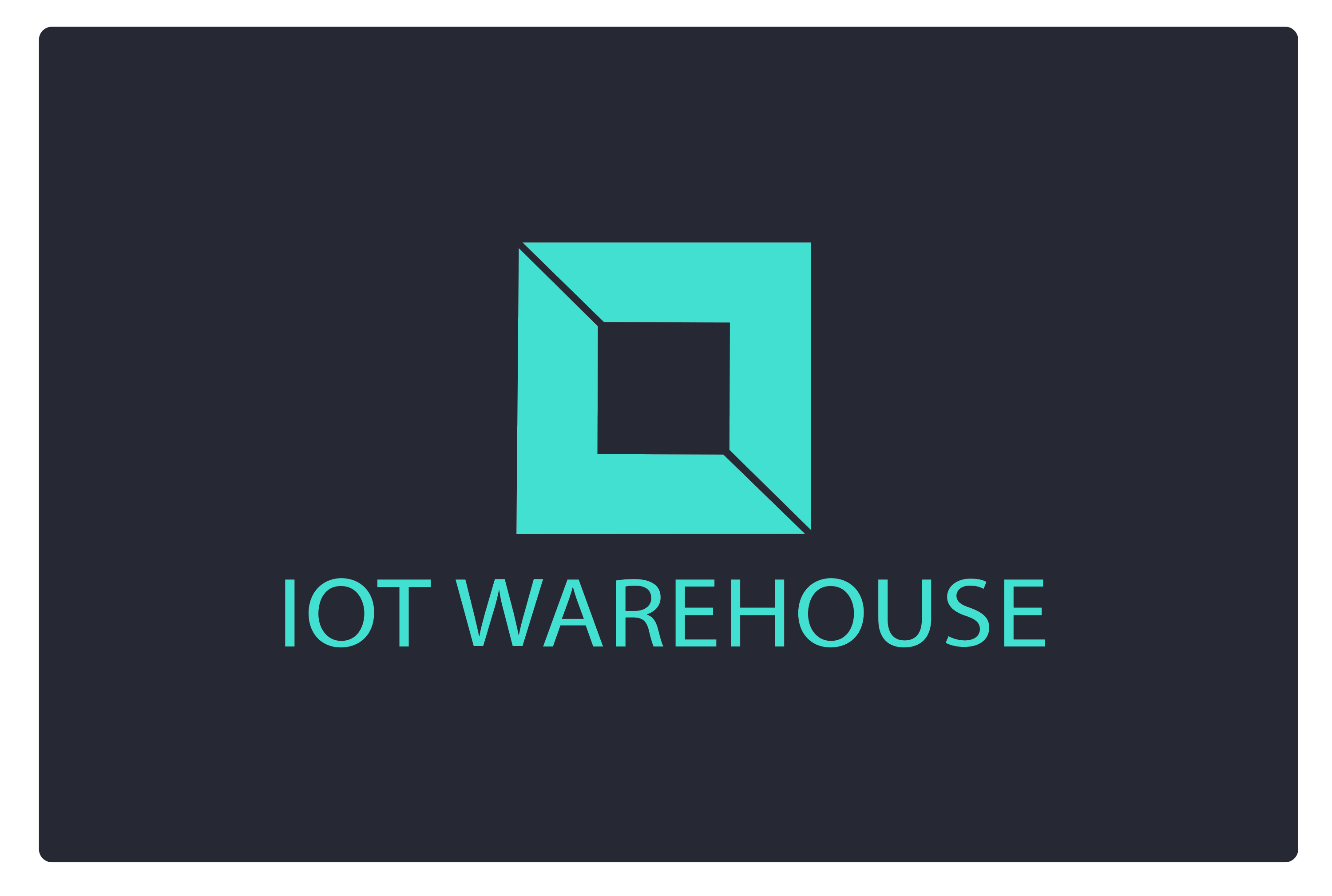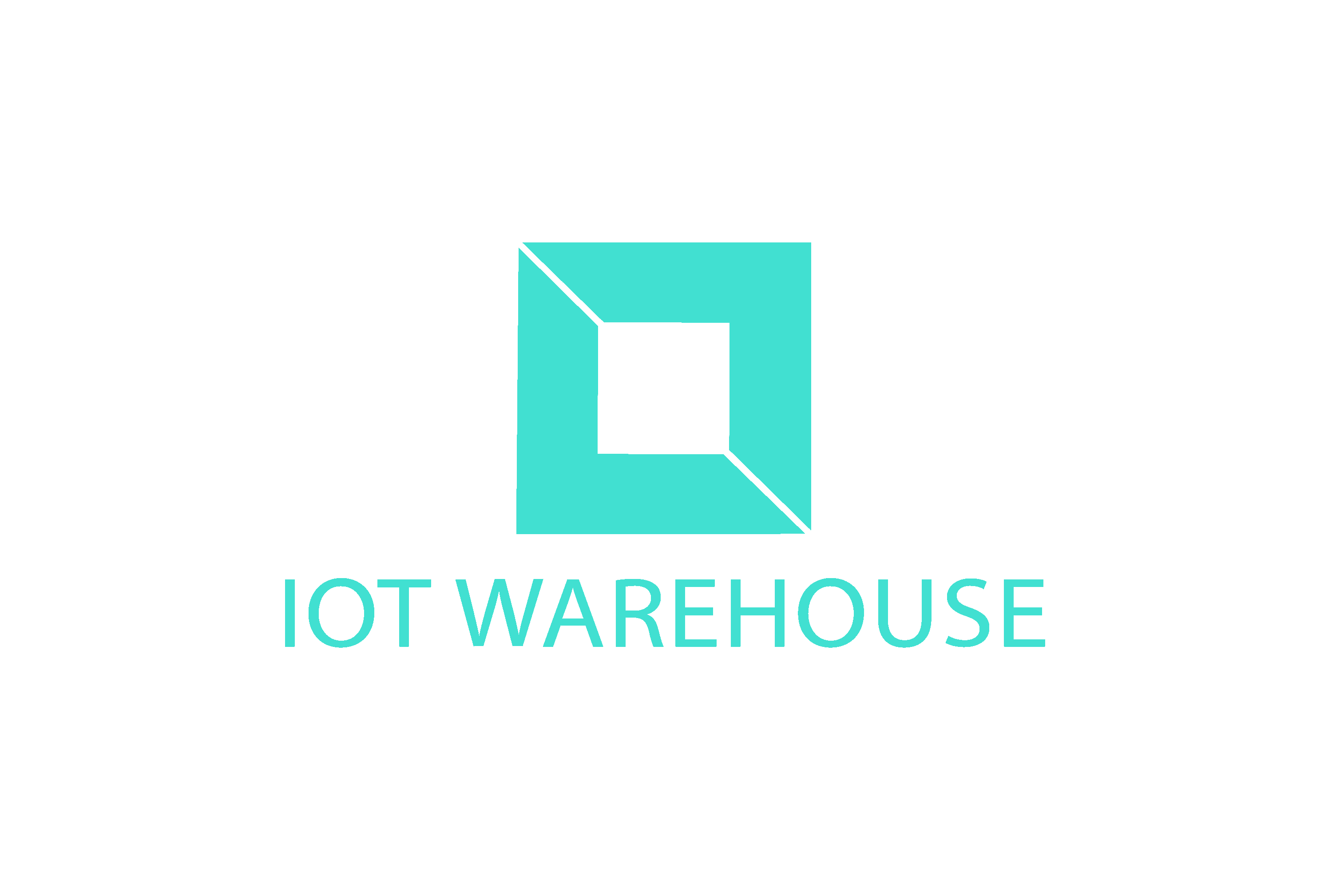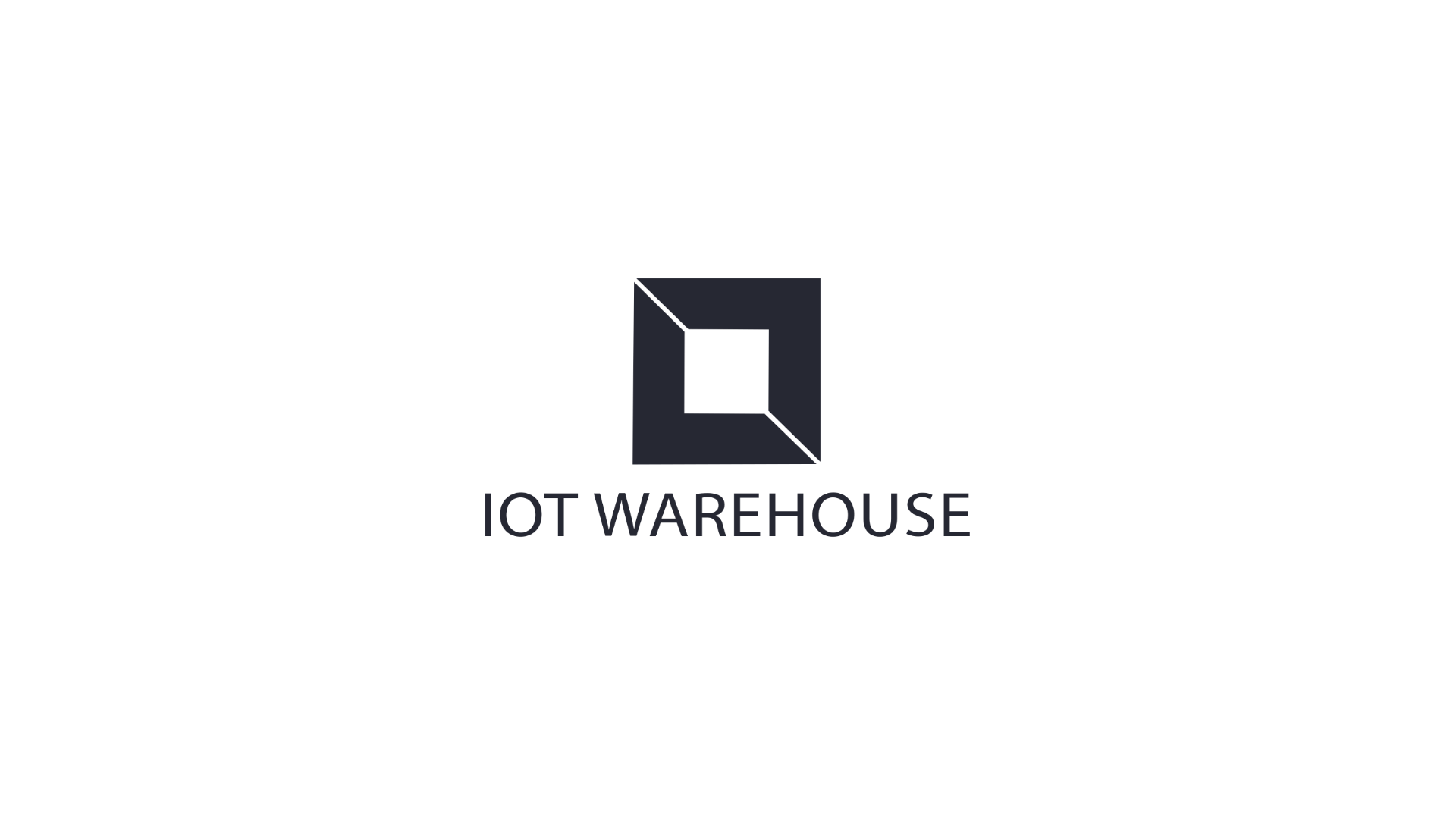ESG
Environmental, Social, and Governance (ESG) compliance has become a crucial aspect for businesses worldwide, driven by increasing regulatory requirements and stakeholder expectations. In the UK, companies are under growing pressure to demonstrate their commitment to sustainability, social responsibility, and robust governance practices. Internet of Things (IoT) technology is emerging as a powerful tool to help businesses meet these ESG standards. We explore how IoT can be leveraged for ESG compliance in the UK, highlighting its applications, benefits, and potential challenges.
The Role of IoT in ESG Compliance
IoT refers to a network of interconnected devices that collect, transmit, and analyse data in real-time. These devices include sensors, cameras, smart meters, and many other technologies that can monitor various aspects of a company’s operations. IoT's ability to provide detailed, real-time data makes it an invaluable asset for ESG compliance, as it enables companies to measure, manage, and report on their environmental impact, social contributions, and governance practices more effectively.

Environmental Compliance
-
Energy Management and Efficiency: IoT devices can monitor and optimize energy consumption across facilities, reducing greenhouse gas emissions and lowering costs. Smart meters and sensors provide real-time data on energy use, enabling companies to identify inefficiencies and implement energy-saving measures to eliminate waste.
-
Water Conservation: IoT sensors can track water usage and detect leaks or inefficiencies in real-time. This helps companies manage water resources more effectively, contributing to water conservation and reducing operational costs.
-
Waste Management: IoT technology can streamline waste management processes by monitoring waste production and disposal. Smart bins equipped with sensors can provide accurate data on fill levels, enabling more efficient reporting, collection schedules and promotion of recycling.
-
Air Quality Monitoring: IoT devices can continuously monitor air quality in and around company premises. This data helps businesses ensure compliance with environmental regulations and protect the health of employees and local communities.
-
Sustainable Supply Chain: IoT can enhance transparency and traceability in supply chains by tracking the environmental impact of products from raw material extraction to final disposal. This ensures that companies can monitor and manage the sustainability of their supply chains.

Social Compliance
-
Health and Safety: IoT devices can enhance workplace safety by monitoring environmental conditions, detecting hazards, and ensuring compliance with health and safety regulations. Wearable IoT devices can track workers' health metrics, alerting them and their employers to potential health risks.
-
Employee Well-being: IoT technology can improve employee well-being by monitoring indoor environmental conditions, such as temperature, TVOC's, humidity, and lighting, and adjusting them to optimal levels. This creates a more comfortable and productive working environment.
-
Community Engagement: IoT can facilitate better engagement with local communities by providing data on environmental and social impacts. Companies can use this data to address community concerns, improve transparency, and build trust with stakeholders.
Governance Compliance
-
Data Security and Privacy: IoT technology can enhance data security and privacy by providing real-time monitoring and alerts for potential breaches. This ensures that companies can comply with data protection regulations and maintain the trust of their customers and stakeholders.
-
Regulatory Reporting: IoT can automate the collection and reporting of data required for regulatory compliance. This reduces the administrative burden on companies, often removes 3rd party management and ensures timely and accurate reporting.
-
Risk Management: IoT devices can provide real-time data on various operational risks, enabling companies to respond proactively. This supports better governance practices by ensuring that potential issues are addressed before they are able to escalate.
Benefits of Using IoT for ESG Compliance
-
Enhanced Transparency and Accountability: IoT provides real-time, accurate data that can be easily shared with stakeholders. This enhances transparency and accountability, as companies can demonstrate their commitment to ESG standards through verifiable data.
-
Improved Operational Efficiency: By identifying inefficiencies and optimizing resource use, IoT helps companies reduce costs and improve operational efficiency. This contributes to both environmental sustainability and financial performance.
-
Proactive Risk Management: IoT enables companies to monitor risks in real-time and take proactive measures to mitigate them. This enhances resilience and ensures compliance with governance standards.
-
Better Decision-Making: The data collected by IoT devices provides valuable insights that can inform decision-making. Companies can use this data to develop more effective ESG strategies and improve their overall performance.
-
Competitive Advantage: Companies that leverage IoT for ESG compliance can differentiate themselves from competitors by demonstrating their commitment to sustainability and responsible business practices. This can enhance their reputation and attract customers, investors, and talent.
Challenges and Considerations
-
Data Privacy and Security: The widespread use of IoT devices raises concerns about data privacy and security. Companies must ensure that they have robust measures in place to protect sensitive data and comply with data protection regulations.
-
Integration and Interoperability: Integrating IoT devices with existing systems and ensuring interoperability can be challenging. Companies need to invest in compatible technologies and develop strategies to integrate IoT seamlessly into their operations.
-
Cost: The initial investment in some IoT technology can be significant. Companies need to consider the long-term benefits and potential cost savings when evaluating the ROI of IoT for ESG compliance.
-
Data Management: The vast amounts of data generated by IoT devices can be overwhelming. Companies need to develop effective data management strategies to ensure that they can analyze and utilize this data effectively. Often the compliance can be measured in the background with no need to push (irrelevant) data to users. Only when needed should the data be made available, rather than having a sea of data making it harder to see what matters.
-
Regulatory Compliance: Companies must stay abreast of evolving regulations related to IoT and ESG compliance. This requires ongoing monitoring and adaptation to ensure that they remain compliant with all relevant laws and standards.
Significant opportunities
IoT technology offers significant potential for enhancing ESG compliance in the UK. By providing real-time, accurate data on environmental impact, social contributions, and governance practices, IoT enables companies to meet regulatory requirements, improve operational efficiency, and demonstrate their commitment to sustainability and responsible business practices. While there are challenges to consider, the benefits of IoT for ESG compliance far outweigh the drawbacks. Companies that leverage IoT technology effectively can gain a competitive advantage, enhance their reputation, and contribute to a more sustainable and equitable future. As the demand for ESG compliance continues to grow, the role of IoT in helping companies meet these standards will become increasingly important.
IoT and Digitalisation
The use of IoT will extend way beyond ESG compliance and almost all businesses will be using (or are already using) IoT to better help them run organisations and estates. Better resource allocation, elimination of waste and clever use of AI and ML will allow any business to get ahead in their sector.
Talk to us about your journey and how we can help you get the best strategy for you.





Share:
Energy Trends up to 2024 - Understand Electricity use in the UK
Using IoT in Care Homes